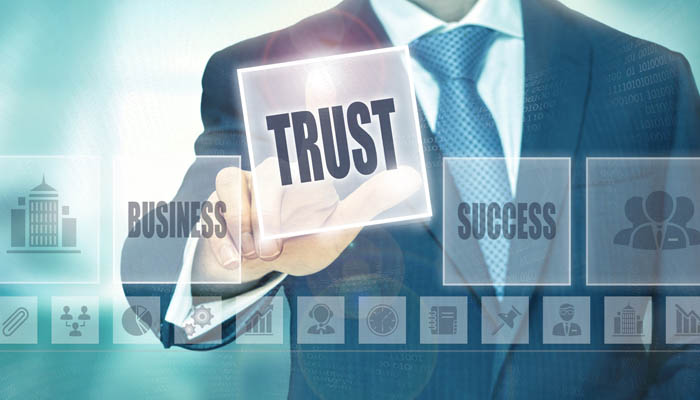Our company, Instabill, recently sealed a partnership with an IT provider, NeoScope, whose hub is a short drive away from our offices. When it was made official, I figured the extent of our working relationship would consist of me filling out a support ticket when my desktop computer was misbehaving.
One of their representatives, Craig, paid us a visit, I thought just to run through logistics, the service contract and other items. In fact, I hadn’t planned on even attending the meeting, but I’m glad I did.
What we received was an education in cybercrime.
The Four Categories of Cybercrime
NeoScope isn’t just going to fix our desktops when they might be running a little slow. The good folks there are making us a better company, a more secure business, so that our network of merchants and partners are protected.
Craig educated us about the four categories of cybercrime:
- Script Kiddies: A hacker who uses existing scripts of code to attack networks for fun.
- Organized Crime: Hackers who use cybercrime to steal money. He shared a story of a client who suffered a DDoS attack (Distributed Denial of Service) from an Eastern European hacking organization which held the website ransom until a fee was paid in bitcoin.
- Nation States: Hackers who use cybercrime to acquire information and/or for global advantage. An example of a nation state attack is the recent ‘Fancy Bears’ hack of the World Anti-Doping Agency (WADA) network which revealed medical records of 26 Olympic athletes.
- Hacktivism: The subversive use of computer networks for political gain or cause. Think Julian Assange, Edward Snowden or the Anonymous hacking group.
We also learned this: When small businesses suffer one of the three types of malware attacks – ransomware, remote access trojans (RATs) or botnets – 60 percent of them are out of business within six months.
The One Resource Every Consumer Needs
Among the number of safeguards Craig recommended was viewing a website titled HaveIBeenPwned.com, which, after typing in your e-mail address, tells you immediately if your e-mail has been compromised in a data breach.
It turns out my G-Mail account had been compromised, which prompted me to immediately change my password to a more complex version.
Consumers are Still Using Weak Passwords
Speaking of passwords, this is where 90 percent of the population chooses convenience over security. Consumers are still too careless with their passwords.
The standard for characters in a password use to be at least 10 (now it is 14), with a mix of symbols, letters and numbers.
“A password is like a toothbrush,” Craig said. “You should choose a good one and never share it.”
Craig recommended using a password manager program such as LastPass, Dashlane or KeePassX, which stores, protects and generates elaborate passwords for every need such as e-mail, banking and social media accounts – using a single password for entry.
Information security has always been of vital importance to us at Instabill. And we just got a lot stronger.


